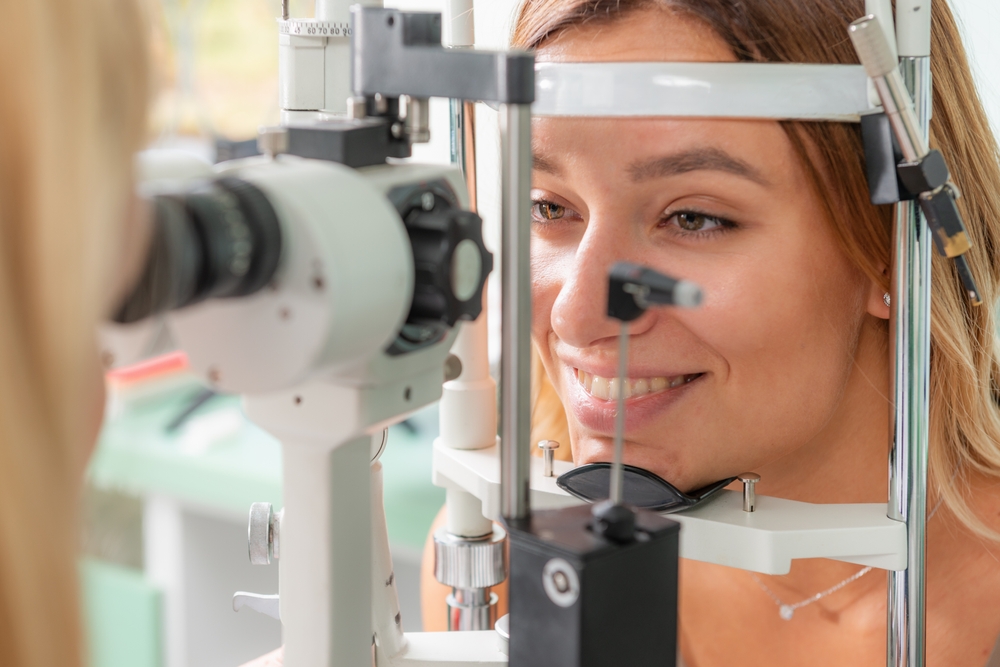
If you want to stay healthy and have fun, you should start playing sports. Whether you enjoy a weekend game or competitive leagues, sports bring joy and energy. However, we know that sports also come with risks of injury. A common and serious injury is an eye injury. It can happen unexpectedly to anyone. So, protecting your vision should always be a priority.

When your vision seems fine, it’s easy to put off an eye exam - but what you can’t see could hurt you. Comprehensive eye exams do far more than check your ability to read an eye chart. They are vital for detecting early signs of serious eye conditions and uncovering hidden health issues that may not show symptoms right away.

For individuals with color vision deficiency (commonly referred to as color blindness) the world can appear dull or confusing. Tasks like selecting ripe fruit, interpreting traffic lights, or choosing matching clothing can pose daily challenges. Fortunately, advances in optical technology are opening new doors for those affected by color vision deficiency. Among the most promising innovations is EnChroma®, a brand of glasses specifically designed to enhance color perception.

Low vision is a condition that significantly impairs daily activities, even with corrective lenses, and can result from various underlying eye diseases and health conditions. While some causes of low vision are preventable, others stem from risk factors beyond our control. Understanding these risk factors can help you take proactive steps toward preserving your vision. Here are five key risk factors you should be aware of.

Your eyes are one of your most precious assets, but they're also vulnerable to a range of common disorders. Being aware of these disorders and staying proactive about eye health, you can maintain clear vision and catch potential issues early. Here are some of the most prevalent eye disorders and why scheduling annual eye exams is essential for early detection.

Dizziness is a common and often unsettling experience that can significantly impact your daily life. Whether you describe it as a sense of lightheadedness, vertigo, or imbalance, dizziness can make it difficult to perform even the most basic tasks. Understanding the underlying causes and recognizing when it's time to seek medical attention is crucial for maintaining your overall health and well-being.

Color blindness, also known as color vision deficiency, is a condition that affects the ability to see and distinguish certain colors. While most people can perceive a wide range of colors, individuals with color blindness have difficulty distinguishing between certain hues.

Dry eyes occur when your tear glands don't produce enough tears to lubricate your eyes, leading to inflammation and discomfort. They can also be caused when the quality of the tears produced is inadequate.

Uveitis is an inflammation of the uvea, the middle layer of the eye. This layer comprises the iris, ciliary body, and choroid. The uvea is critical in the proper functioning of the eye, and any damage or inflammation can lead to severe vision impairment or blindness.

Pediatric eye exams are detailed visual assessments designed specifically for children. These exams are more comprehensive than the simple vision screenings conducted at schools. A pediatric eye exam involves various tests and procedures to evaluate the health of your child's eyes and the quality of their vision.




